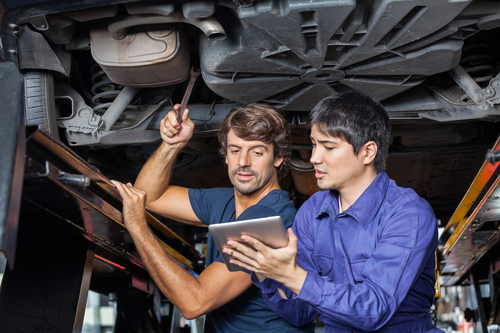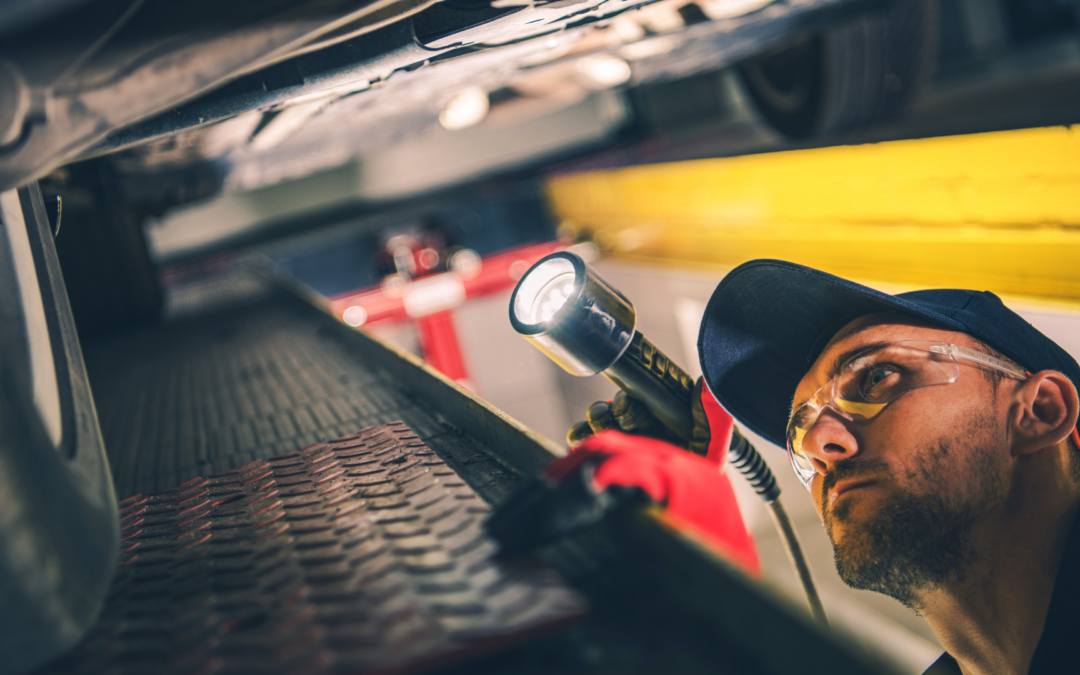The best time to look for an auto repair shop? Before you need one! The more you’re prepared, the more confident you’ll feel that you’re working with a local auto repair shop that will fix your car or truck right, and at an honest price.
So, how do go about choosing a good auto repair shop? There are important questions to be asked and information to be gathered about your rights as a consumer. If you’re looking for an auto shop in Windsor, California, or any of the surrounding areas, here’s what to do to ensure your vehicle receives the care it deserves.
How to Choose a Local Auto Repair Shop
 From simple oil changes to major car repairs, if you want to locate a reputable auto repair shop:
From simple oil changes to major car repairs, if you want to locate a reputable auto repair shop:
- Get recommendations from friends, family, colleagues, and other people you personally know and trust.
- Go online and review a shop’s website. What services do they offer? Do they give free quotes? What about warranties? How many mechanics do they employ and how long have they been with the shop? Do they have social media accounts you can check out and customer reviews you can read?
- Confirm the local auto repair shop is licensed by California’s Bureau of Automotive Repair.
Finally, call or stop by the shop and schedule an appointment to talk to the owner or a technician. Take a look around – are there a lot of cars on the lot? Assuming it’s not a one-person enterprise, that can be a good indication that a lot of your neighbors already trust the service they receive there.
Here are some good questions to ask to see if the local auto repair shop’s the right fit for you:
- Do you have experience working on the same make and/or model vehicle as mine? Are any of the mechanics certified to work on certain cars?
- What automotive associations does your shop belong to? Membership in an industry-related organization is a sign the shop has passed a review process ensuring they meet certain customer service standards.
- Do you offer a free estimate? Will it be in writing? At a minimum, the estimate should include the repairs needed, what parts are required, and the estimated labor charges.
- Will you explain to me all the repairs you’re recommending? Knowledge is power and a reliable mechanice will be more than happy to educate you.
- What are your communication policies? Do you call for approval for any work outside the estimate?
- Do you honor my vehicle’s warranty? What is your shop’s own warranty?
The more questions you ask upfront, the fewer surprises you’ll have when you go in for your first repair or maintenance services.
Act Now, Save Later
Your vehicle is a big investment, so it makes sense to learn all you can about an auto shop before entrusting it with your car or truck. If you live in Windsor, Santa Rosa, or one of the surrounding Sonoma County communities, All Around Auto Repair has the top-quality ASE certified mechanics and affordable rates you need.
We perform inspections, oil changes, tune-ups, and so much more. Give us a call today at 707-836-0646, or contact us online to schedule an appointment. We look forward to hearing from you!



